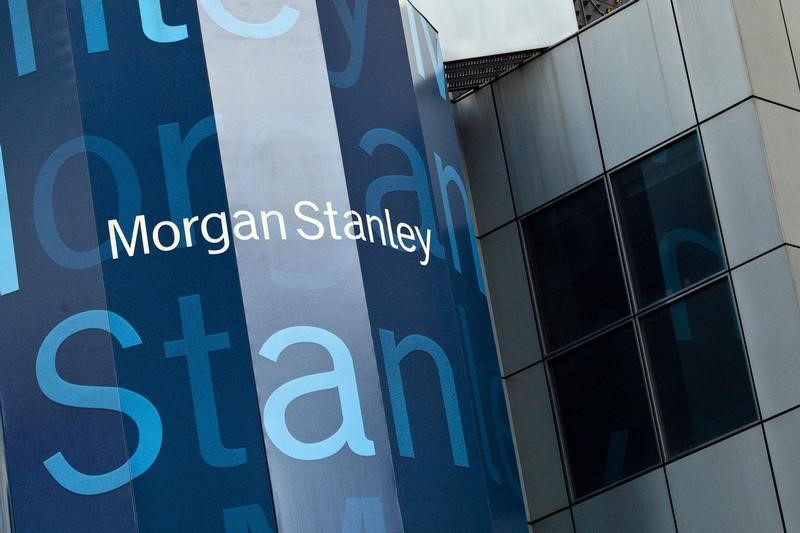On Wednesday, Morgan Stanley maintained its Equal-weight rating on Lyft (NASDAQ:LYFT) while increasing the price target for the company's shares to $12 from the previous $10.50. The adjustment comes as the firm revises its gross bookings and revenue estimates upwards for the ridesharing company, expecting new product rollouts and marketplace efficiency efforts to yield better-than-anticipated take rate improvements.
The analyst predicts approximately 1% growth in gross bookings and a 3% rise in revenue for 2024 and 2025. Despite anticipating ongoing gross margin pressure due to higher insurance costs from annual renewals, the analyst foresees a positive impact on Lyft's bottom line. The revised forecast includes a 6% increase in EBITDA for both 2024 and 2025, with projections of $338 million and $432 million, respectively.
Lyft's guidance of a 50% EBITDA to free cash flow (FCF) conversion in 2024 is noted, though it falls short of the roughly 80% conversion rates seen by competitors such as Uber (NYSE:UBER). Morgan Stanley will continue to monitor Lyft's FCF conversion closely, considering this factor's importance.
The new price target of $12 is justified by the expected enterprise value to 2025 EBITDA multiple of approximately 10 times, consistent with prior valuations. A regression analysis of industry peers indicates that Lyft is trading at a 40% discount when considering a combination of revenue growth and EBITDA margins. This positioning is deemed appropriate due to Lyft's smaller scale compared to its peers, aligning it closely with companies like JET in valuation terms.
InvestingPro Insights
As Lyft (NASDAQ:LYFT) garners attention with Morgan Stanley's updated price target, insights from InvestingPro reveal key financial metrics and strategic considerations for investors. Lyft's market capitalization currently stands at $6.33 billion, reflecting the scale of its operations in the competitive ride-sharing market. Notably, the company holds more cash than debt, suggesting a solid balance sheet that could provide resilience in fluctuating markets. This aligns with Morgan Stanley's positive outlook on Lyft's new product rollouts and marketplace efficiency.
An important metric for investors to consider is Lyft's Price to Book ratio, which at 8.96 indicates a high valuation compared to the company's book value. This could be a point of analysis for investors gauging Lyft's stock price in relation to its net assets. On the profitability front, analysts anticipate Lyft will turn a profit this year, a significant milestone that Morgan Stanley's forecasted EBITDA growth supports. Additionally, Lyft has experienced a strong return over the last three months, with a price total return of 15.41%, showcasing recent investor confidence.
For those looking to delve deeper into Lyft's financial performance and strategic positioning, InvestingPro offers more comprehensive analysis and InvestingPro Tips. There are 9 additional tips available on InvestingPro for Lyft, which can provide further insights into the company's financial health and market potential. By using the coupon code PRONEWS24, readers can get an additional 10% off a yearly or biyearly Pro and Pro+ subscription, unlocking access to these valuable investment tools.
This article was generated with the support of AI and reviewed by an editor. For more information see our T&C.
